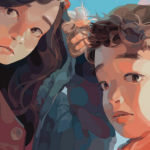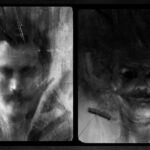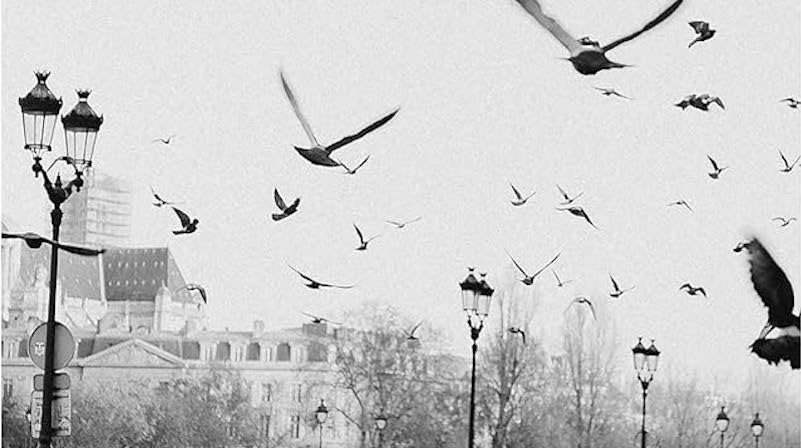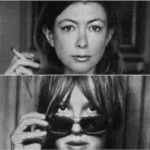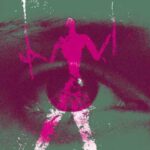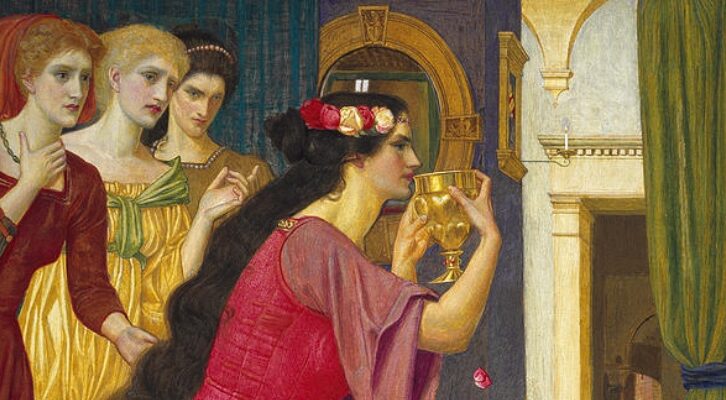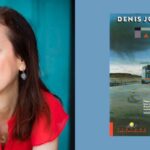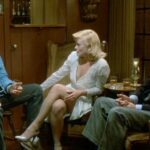Inspired By the Genius Loci: On Unlocking the Spirit of Settings
Martin Goodman Considers What It Means to Write About the Holocaust
It’s a standard question asked of writers: “Where do you get your ideas from?”
The start of E.M. Forster’s writing career gave one, peculiar answer. He was staying at a hotel in Italy and walked up into the hills around the town of Rapello. Sitting down on a rock, with the Italian landscape spread out in front of him, an idea that came complete with its structure, plot, theme and characters flooded him. He hurried down the hill and closed himself away in his hotel room for a week, composing what would be his first published story, the elemental “A Story of a Panic.”
Forster used the Latin term, genius loci, to describe what had happened. It stems from Roman mythology and refers to the guardian spirit of a place, sometimes depicted as carrying a bowl of snakes. And boy those snakes can writhe. Big ideas are a lot to handle.
This genius loci affected me once. Rather than the hills of Rapello, I was amidst the Grand Teton mountains in Wyoming. And instead of a rock, I felt called to stand on a broad tree stump. Wham. Light sparkled around me like falling snow, and the full span of what would become my novel The Cellist of Dachau fell into my head.
Big ideas are a lot to handle.Its themes were awfully big: the nature of music and the Holocaust. I’d never have approached them as a novel without that overpowering influx of an idea. The idea immediately sifted through my experience to find what it could make use of. I had recently read a newspaper article about the musician Herbert Zipper, who the Nazis tore away from his musical studies in Vienna and despatched to the concentration camp at Dachau, where he played in a secret orchestra. Facts from his life story gave a skeleton to my book. One element of my “downloaded” plot helped give the book its moral dimension. A character came through to me with her whole moral dilemma: she was the granddaughter of the adjutant at Dachau. And she confronted the Jewish musician, whose family were killed at Auschwitz, with fury that this Jew had not spoken to condemn her grandfather at his war trial. I needed to explore the nature of inherited guilt.
The book took decades to write. I have a writing home in the French Pyrenees, and used mountain walks in which different elements fell into place. I read volumes, dived deep into music of the era, and met with survivors. Vital for the book was my then visiting its sites. I got to perform at a festival in Sydney, in Brian Eno’s theatrical reworking of David Eagleman’s Sum: Forty Tales from the Afterlives, so was able to set a chapter at the Opera House, having spent a week behind its scenes. Friends had guested us their home on the coast of Big Sur, which became the setting for the last part of the book. And I travelled to the concentration camps.
Walking through the gates of Dachau, my main intent was to come to know the details so I could place my characters in the period setting. Just a few yards in, that intent was swept aside. This was the Nazis’ model concentration camp, countless thousands died here, and a full welter of grief hangs above the grounds. My body felt instantly packed with sorrow. I sat on the lawn and tears flowed. Whole families were wiped out by the Holocaust. Nobody was left to remember them, and so all record of their existence has gone. Yet they each had a story that needs telling.
The town of Dachau, famous in the early twentieth century as an artists’ colony, is built on a hill. Between the town and the preserved camp lies the area that once housed the military and administration quarters of the camp, and these buildings are still behind high wire fences. From among them I selected the villa that was home to the adjutant, and where my teenage cellist was forced to play a looted Stradivarius cello. Fixing fiction into such real-world location helps me ground a story, so it doesn’t escape into a purely imaginative realm.
To encounter Auschwitz-Birkenau, I joined a group of Jewish and Zen Buddhist practitioners who accompanied the writer Peter Matthiessen, who was researching what would be his own last novel, In Paradise. We spent a week on site, much of it meditating on the rail tracks, but I also broke loose to explore the immense, bleak acreage. It takes time to take in the industrial scale of this extermination camp.
Just inside the main gate, to the right and behind high fencing, is the area that housed the Theresienstadt Family Camp. I found my way through barbed wire to walk around it. This was where the Jews of Theresienstadt were sent.
Also known as Terezín, Theresienstadt was a fortified ghetto in what was then Czechoslovakia. The Nazis used it as a show camp. When Red Cross investigators came on a visit, it was dressed up with roses and full shop windows, and the Red Cross team walked around public spaces filled with music groups. They went to a packed performance of a children’s opera. The quality of performance was astounding, since Prague’s Jewish musicians and directors had all been exiled from the city and imprisoned here. The next day, with the Red Cross gone, the children and performers were all shipped to Auschwitz. A people, and the glorious future of Czech music, were extinguished.
When I went to Terezín, the draft of my novel was already complete. I had thought that reading books and watching videos could tell me all I needed to know. I was so wrong. I walked in through Terezín and out through the other side, stopping at the fortress on the town’s outskirts where I was turned around. I simply could not believe that the inhabitants of a town had been evicted and replaced with the Jews expelled from their own homes; that this whole town with its ancient walls had been turned into a packed and fortified ghetto. It took a full day of walking, along every street and peering into each opened room, for me to gather the details that would let me tell this story in a way that could bring it to life for readers.
I bought a cello, and swept some notes across it with a bow. To write about a cellist, did I need to become one? Perhaps not, I decided. But in one element of that story that came to me in the mountains, a deaf musician sat in front of a cello and pressed her hand against its body, while a cellist played a suite by J.S. Bach. A cellist lived on our street. We had never met, but I knocked on her door. She let me in, brought out her cello, and played me Bach while I knelt in front of her and felt the music vibrate in its wood and travel into my body.
That’s a writing lesson I learned from the genius loci, the spirit of the Grand Tetons: writing does not just happen in your head. It’s a whole-body experience, totally sensory, and the more you allow yourself to open your eyes and walk and see and hear and smell and taste and touch, the more solidly you can build a world that is a home for your readers.
__________________________________
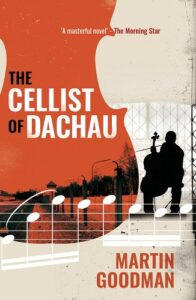
The Cellist of Dachau by Martin Goodman is available from Barbican Press.



